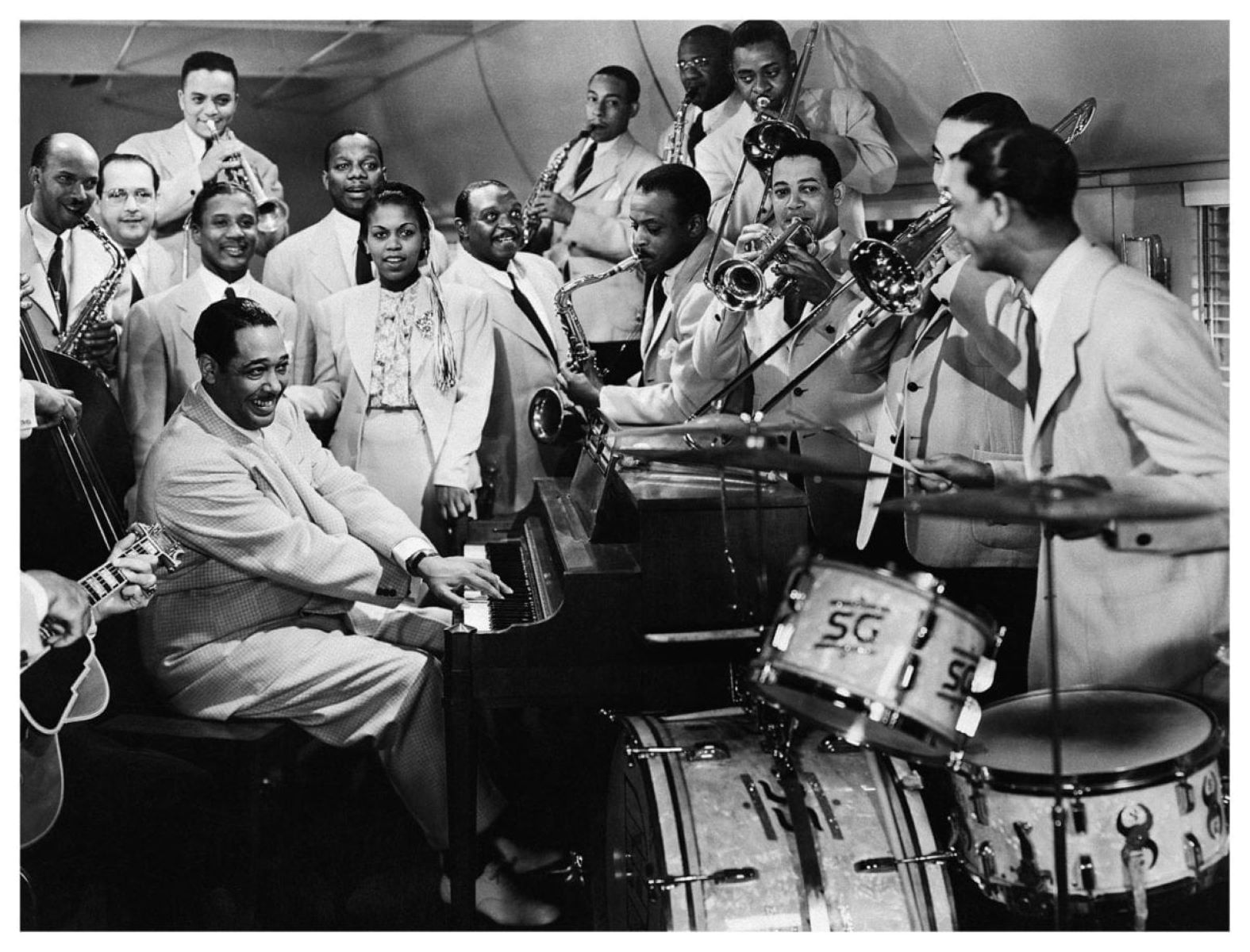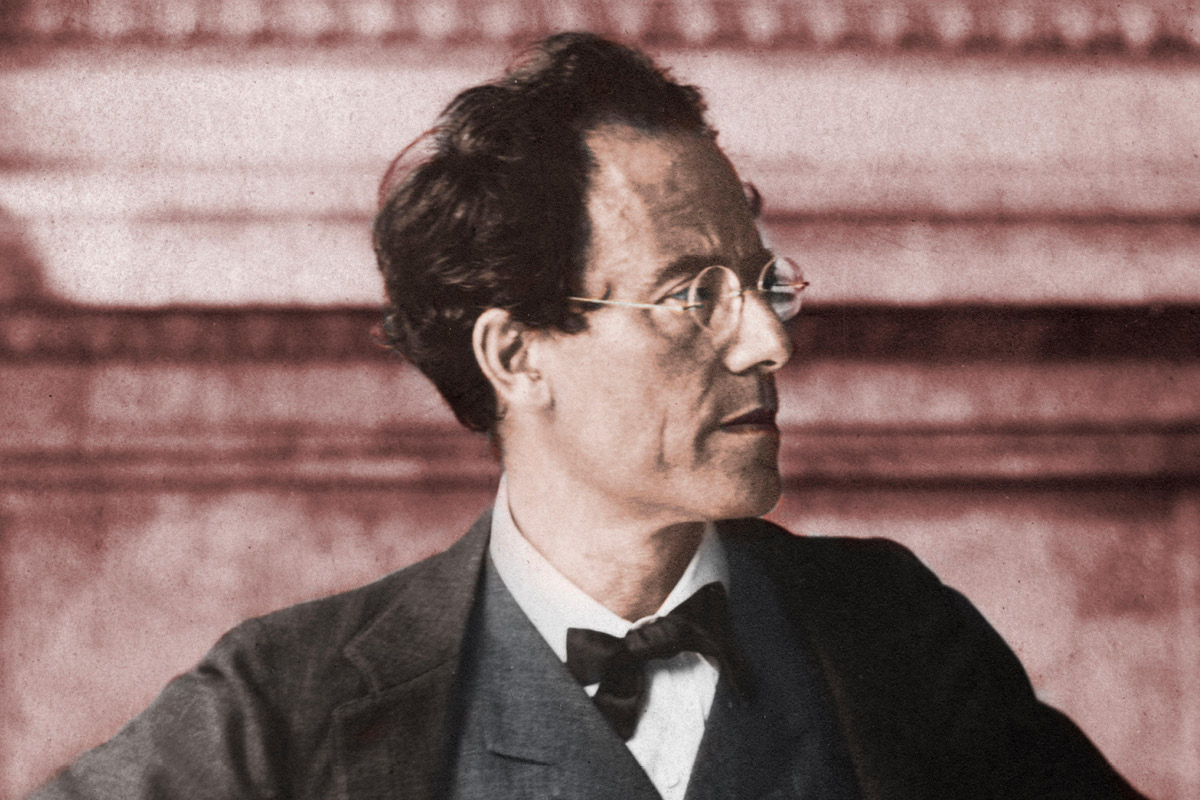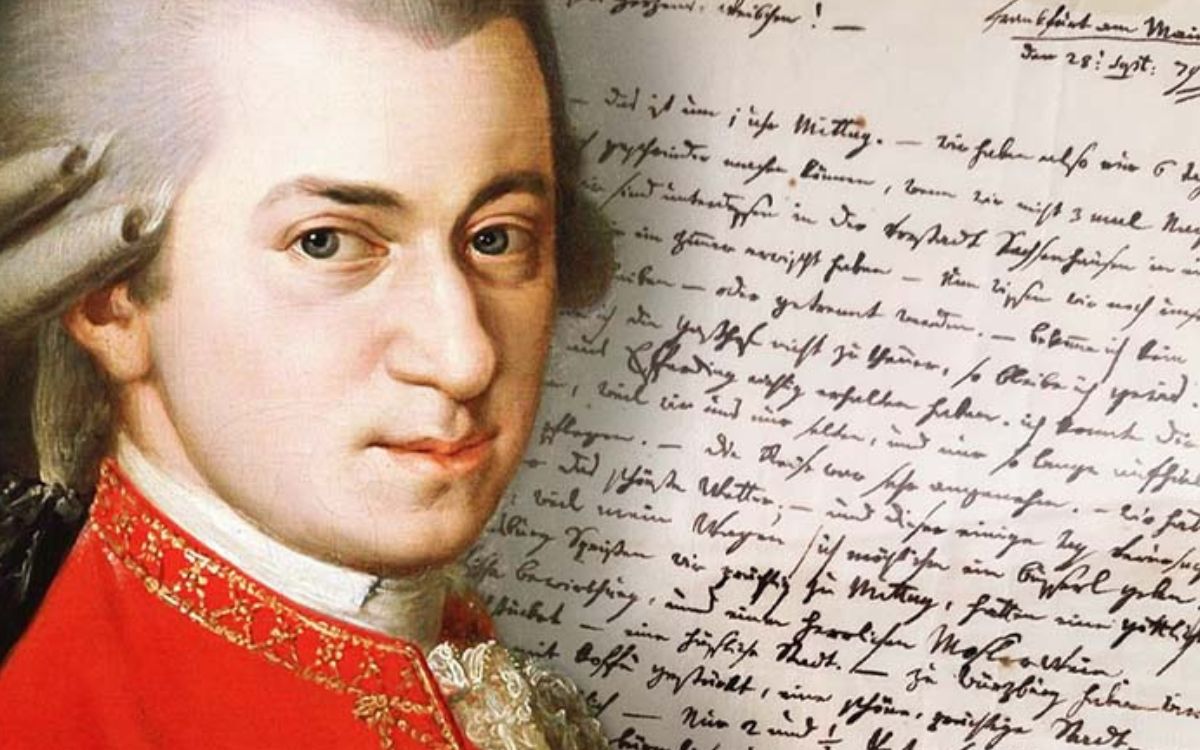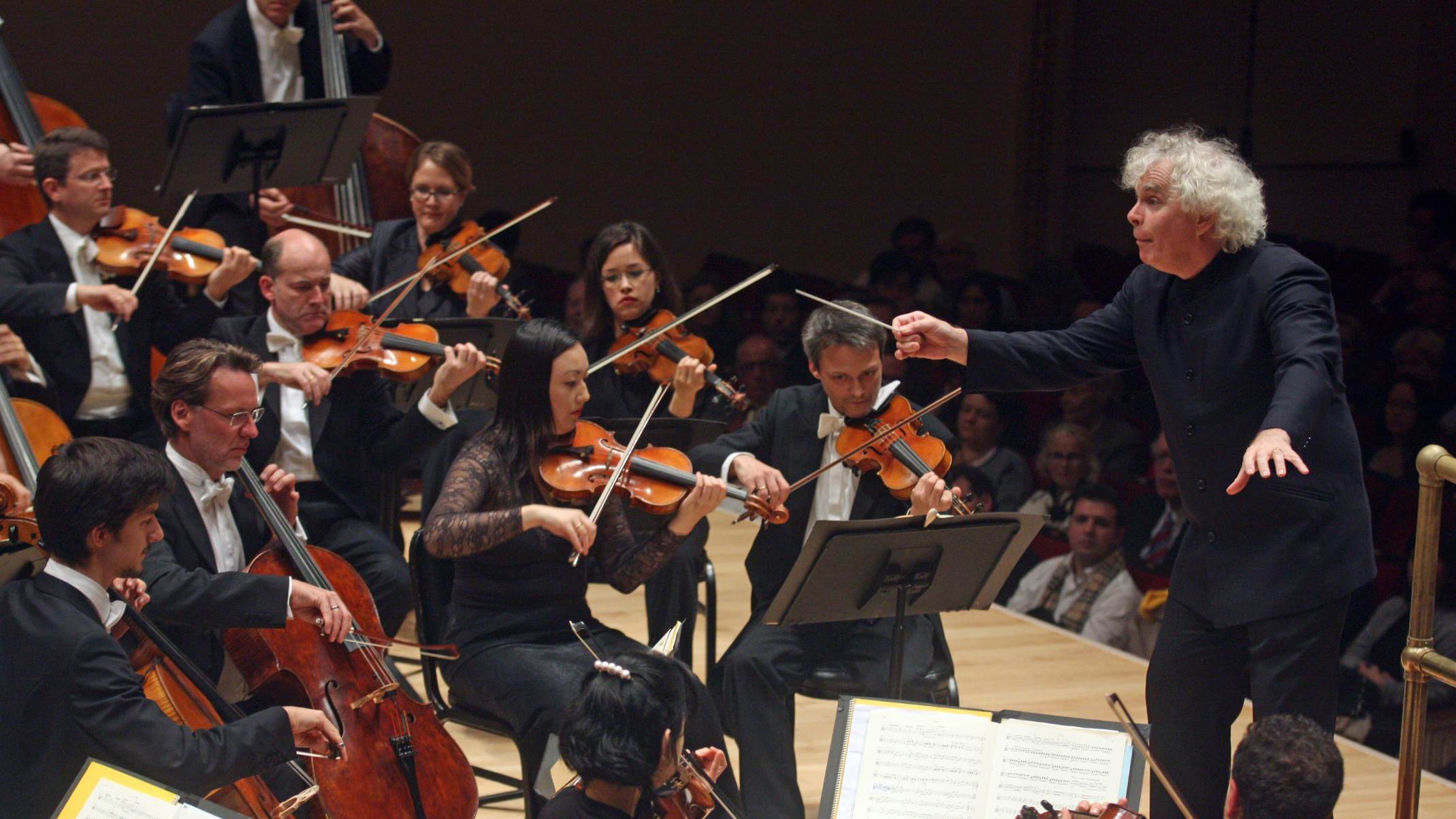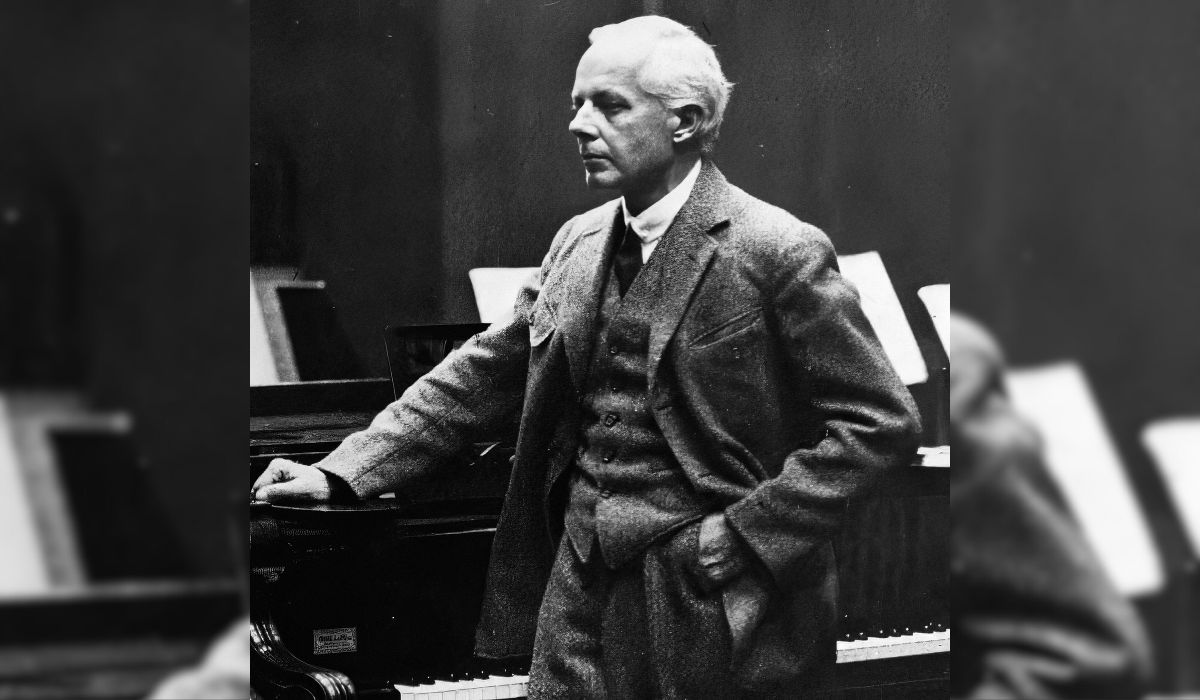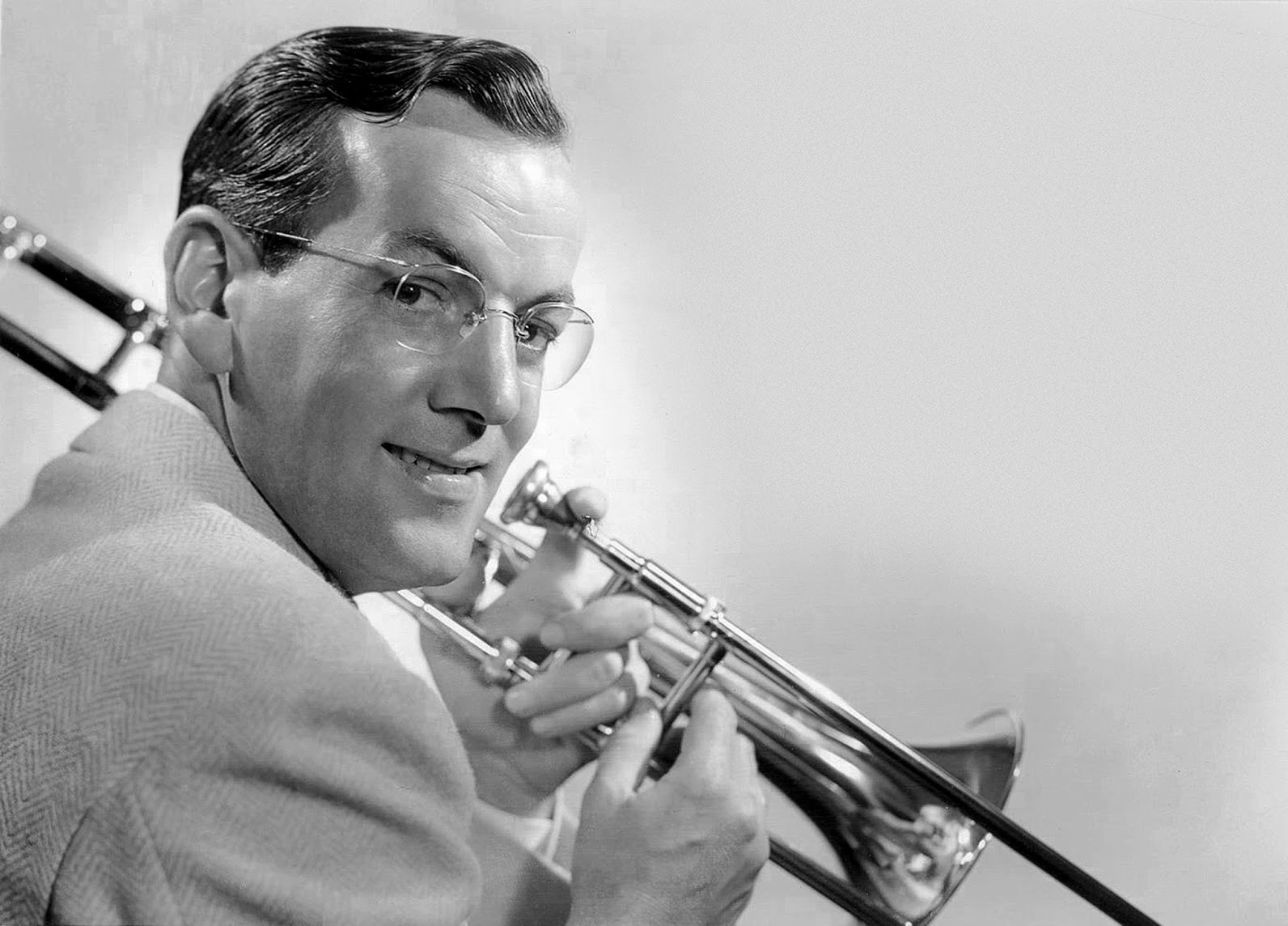Home>Genres>Symphony>What Age Did Mozart Write His First Symphony
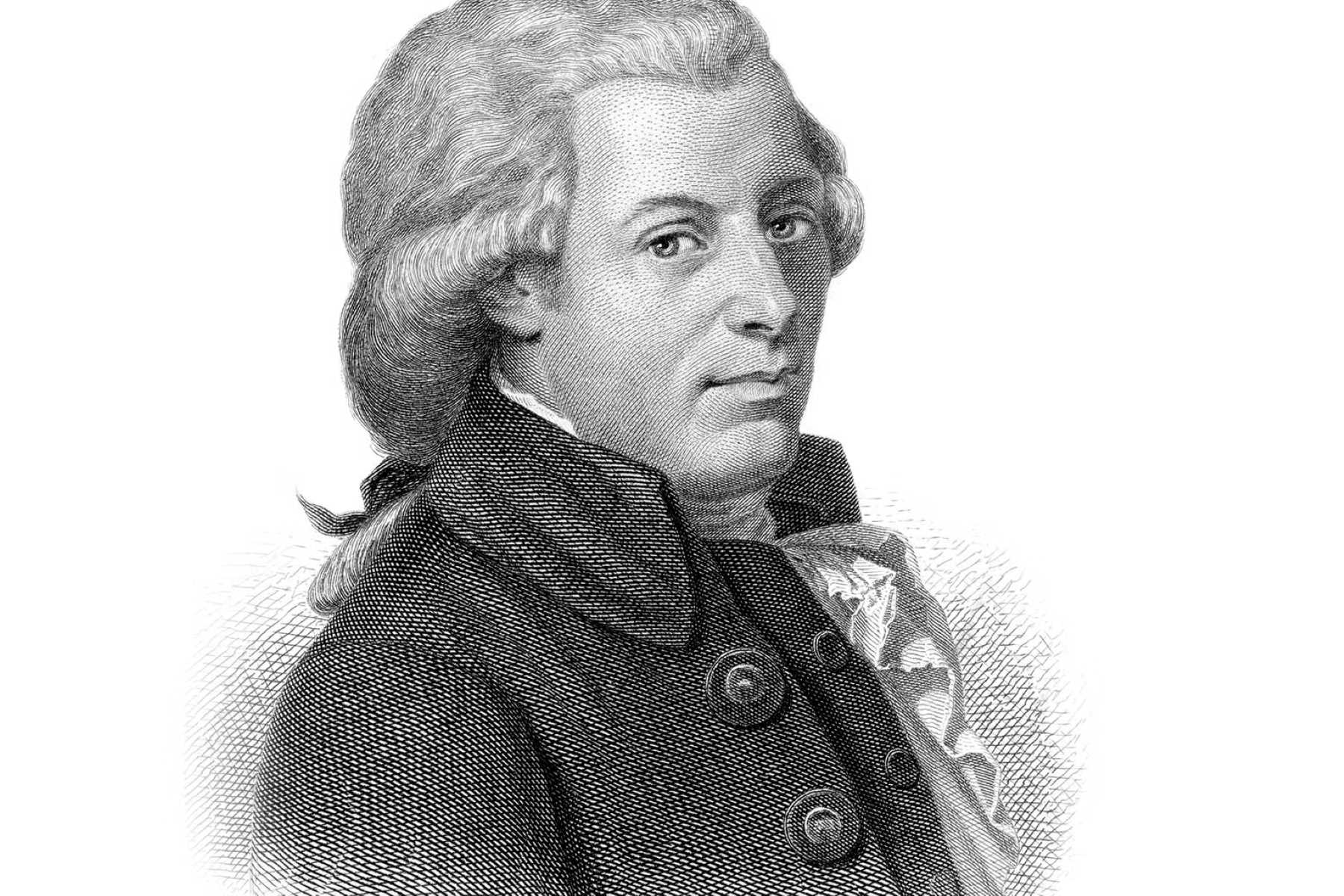

Symphony
What Age Did Mozart Write His First Symphony
Modified: January 31, 2024
Discover the prodigious talent of Mozart as we delve into the age at which he composed his very first symphony. Explore the early works of this musical genius, including his groundbreaking symphonic creations.
(Many of the links in this article redirect to a specific reviewed product. Your purchase of these products through affiliate links helps to generate commission for AudioLover.com, at no extra cost. Learn more)
Table of Contents
Introduction
Symphony music is often regarded as one of the most complex and impressive forms of musical composition. It requires a deep understanding of musical theory, impeccable orchestration skills, and a sheer mastery of musical instruments. Among the esteemed composers in the history of classical music, one name stands out: Wolfgang Amadeus Mozart.
Born in Salzburg, Austria, and active in the late 18th century, Mozart is widely recognized as one of the greatest musical prodigies who ever lived. His vast contribution to music includes over 600 compositions, ranging from operas and concertos to chamber music and symphonies.
In this article, we explore the fascinating journey of Mozart’s musical genius and focus specifically on the age at which he composed his first symphony. We delve into the early years of his life, his remarkable musical talents, and the composition and performance of his inaugural symphony. Finally, we examine the lasting impact of Mozart’s music, which continues to inspire musicians and captivate audiences around the world today.
Early Years and Musical Prodigy
Wolfgang Amadeus Mozart was born on January 27, 1756, in Salzburg, Austria, into a family that was deeply involved in music. His father, Leopold Mozart, was a well-respected composer and violinist, and his mother, Anna Maria Mozart, was an accomplished musician as well. From a very young age, Mozart showed an extraordinary aptitude for music.
By the age of three, Mozart had already begun to play the keyboard and show an innate understanding of musical concepts. His father, recognizing his son’s exceptional talent, decided to dedicate himself to nurturing and developing Mozart’s gifts. With intense musical training, Mozart quickly became a prodigy, astounding audiences with his ability to play complex compositions flawlessly.
At the tender age of five, Mozart embarked on a series of musical tours throughout Europe, performing in front of royalty, aristocrats, and notable musicians. His performances generated immense admiration and disbelief among those who witnessed his exceptional skill and musicality.
Throughout his early years, Mozart engaged in an exhaustive study of music theory and composition. By the age of eight, he had already composed a number of impressive works, including symphonies and sonatas. His advanced understanding of harmonic structure, melodies, and orchestration surpassed that of many professional musicians of the time.
It is important to note that while Mozart’s early compositions demonstrated incredible technical proficiency, they also showcased an unprecedented level of originality and creativity. He possessed a unique ability to experiment with different musical forms, manipulating harmonies and rhythms to create groundbreaking works that pushed the boundaries of classical music.
Mozart’s unparalleled musical genius continued to evolve throughout his teenage years, solidifying his status as one of history’s greatest musical prodigies. His early experiences and musical education laid the foundation for his extraordinary contributions to the world of classical music.
The Remarkable First Symphony
At the age of just eight years old, Wolfgang Amadeus Mozart composed his very first symphony. This remarkable achievement is a testament to his prodigious talent and the depth of his musical understanding. Mozart’s first symphony, known as Symphony No. 1 in E-flat major, K. 16, is a composition that defies expectations in its complexity and maturity.
Symphony No. 1 was composed in 1764 and reflects the influence of the Classical style prevailing during that period. The symphony consists of four movements: Allegro, Andante, Menuetto, and Presto. Each movement showcases Mozart’s mastery of orchestration, with intricate melodies, deft harmonic progressions, and dynamic contrasts.
What is particularly remarkable about Mozart’s first symphony is its adherence to the traditional symphonic structure. Despite his young age, Mozart intuitively understood the balance and form that were expected from this genre. His ability to compose a cohesive and engaging piece with distinct thematic development and seamless transitions demonstrates his innate musical genius.
One notable aspect of Symphony No. 1 is the prominent role given to the wind instruments. Mozart utilized the woodwinds and brass sections in a way that showcased their unique timbres and capabilities. This innovative approach to orchestration became a hallmark of Mozart’s later symphonic works and contributed to his distinctive musical style.
While Symphony No. 1 can be seen as a testament to Mozart’s talent and technical prowess, it also demonstrates his ability to infuse emotion and expression into his compositions. Despite its formal structure, the symphony displays moments of tenderness, joy, and excitement, captivating listeners and revealing the depth of Mozart’s musicality even at a young age.
It is important to note that Mozart’s first symphony was not an isolated accomplishment. It signaled the beginning of a prolific compositional career that would span over two decades and produce some of the most revered symphonies in the classical music repertoire. Symphony No. 1 serves as a remarkable indication of the brilliance to come from Mozart, setting the stage for his subsequent symphonic masterpieces.
Composition and Performance
After composing his first symphony at the age of eight, Wolfgang Amadeus Mozart wasted no time in showcasing his new creation to the world. The composition was initially performed in the Mozart family’s hometown of Salzburg, Austria, with the young prodigy himself conducting the orchestra.
The premiere of Symphony No. 1 was met with great astonishment and acclaim. Audiences were captivated by the maturity and sophistication of the composition, unable to comprehend how such a young composer could possess such command over the orchestra. The performance solidified Mozart’s growing reputation as a musical genius and served as a glimpse into the immense talent yet to come.
In addition to its local premiere, Symphony No. 1 was also performed in various other European cities during Mozart’s musical tours. The symphony’s inclusion in these concerts further introduced Mozart’s prodigious talent to wider audiences, leaving a lasting impression on both listeners and fellow musicians alike.
Notably, the performance of Symphony No. 1 also provided an opportunity for Mozart to showcase his extraordinary skills as a conductor. Despite his tender age, Mozart displayed exceptional control and precision, guiding the musicians through the intricate melodies and expressive passages of the symphony.
Throughout his career, Mozart continued to compose and perform his symphonies, further refining his style and pushing the boundaries of the genre. With each composition, he showed an ever-increasing command of orchestration, harmonies, and musical form.
Mozart’s symphonies played a vital role in establishing the symphonic structure as a cornerstone of classical music. His innovative approaches to orchestration and his ability to evoke a range of emotions through his compositions set a new standard for symphonic music, influencing countless composers who would follow in his footsteps.
Today, Mozart’s Symphony No. 1 remains a testament to his prodigious talent and serves as a window into the early stages of his illustrious career. It marks the beginning of a legacy that would forever change the course of classical music, solidifying Mozart’s status as one of the most influential composers in history.
Musical Influence and Legacy
The musical influence of Wolfgang Amadeus Mozart cannot be overstated. His compositions, including his symphonies, have had a profound impact on the development of classical music and continue to inspire musicians and audiences alike.
Mozart’s symphonies, including his first symphony, set the stage for the evolution of the symphonic genre. His innovative approaches to orchestration, harmonies, and musical form pushed the boundaries of classical music, paving the way for future composers to explore new musical territories.
One of Mozart’s greatest contributions to the symphonic genre was his ability to infuse emotion and expressiveness into his compositions. He was a master at creating melodic lines that evoked a wide range of emotions, from joy and exuberance to sorrow and contemplation. This emotional depth and sensitivity added a new dimension to symphonic music, influencing composers for generations to come.
Mozart’s symphonies also had a significant impact on the development of orchestral music. His innovative use of orchestration and his precise attention to detail in balancing instrumental voices set new standards for orchestral performance. Composers who followed, such as Beethoven and Haydn, built upon Mozart’s foundation and expanded upon the possibilities within orchestral music.
Aside from his musical innovations, Mozart’s symphonies continue to captivate audiences with their timeless beauty and craftsmanship. The elegance and sophistication of his compositions have ensured their enduring popularity, making them a staple in concert halls and recordings worldwide.
Furthermore, Mozart’s symphonies serve as a testament to his exceptional musical genius and prodigious talent. They demonstrate his ability to compose works of incredible complexity and beauty at a remarkably young age, leaving a lasting legacy of awe and admiration.
Today, Mozart’s symphonies, including his first symphony, remain a fundamental part of the classical music canon. They are studied, performed, and cherished by musicians and music enthusiasts alike. Mozart’s enduring influence on symphonic music solidifies his status as one of the greatest composers in history.
Conclusion
Wolfgang Amadeus Mozart’s first symphony marked the beginning of a musical journey that would forever change the landscape of classical music. Composed at the tender age of eight, this remarkable achievement demonstrated Mozart’s prodigious talent, musical genius, and innate understanding of composition.
From his early years as a child prodigy to his continued growth and innovation throughout his career, Mozart’s symphonies, including his first, left an indelible mark on the world of classical music. They laid the groundwork for the development of the symphonic genre, influencing composers for generations to come.
Mozart’s symphonies were more than just technical feats – they showcased his ability to infuse emotion and expressiveness into his compositions. They showcased his talent for shaping melodies that evoke a range of feelings, captivating listeners and leaving a lasting impression.
The legacy of Mozart’s symphonies extends beyond his lifetime. They continue to be performed and revered today, resonating with audiences worldwide. His innovative approaches to orchestration, harmonies, and musical form have become an integral part of classical music history.
As we reflect on Mozart’s first symphony and its significance, we are reminded of the extraordinary talent and brilliance of this musical prodigy. It serves as a testament to the immense potential that lies within young musicians and inspires us to nurture and support the budding talents of the next generation.
In conclusion, Mozart’s first symphony sets the stage for a prolific career that would shape the course of classical music. Its composition at such a young age showcases Mozart’s extraordinary talent and serves as a testament to his lasting impact on the world of symphonic music. Mozart’s symphonies will forever be celebrated as masterpieces of classical music, leaving an enduring legacy that continues to inspire and enchant audiences to this day.


